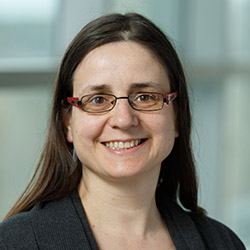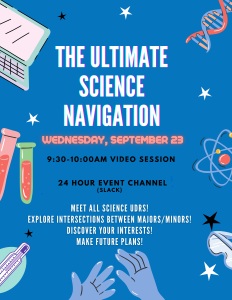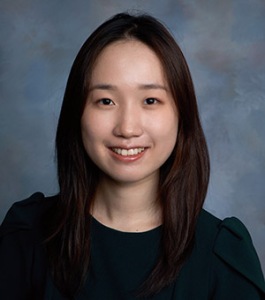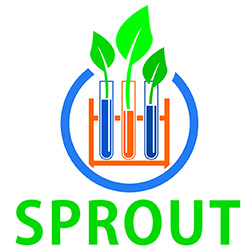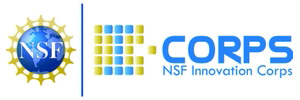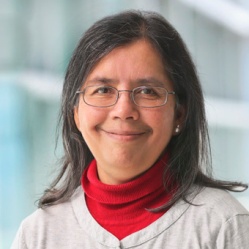 Bulbul Chakraborty
Bulbul Chakraborty
Enid and Nate Ancell Professor of Physics
Division Head, Sciences, School of Arts and Sciences
This blog is addressed to my colleagues in the division of science.
As scientists, we pride ourselves on solving problems, often ones that lead to paradigm shifts. A challenge that we have all grappled with is how to cultivate and nurture a truly diverse community of scientists. How do we create an environment that is inclusive and accessible to all that seek to enter the sciences and experience the invigorating practice of science that we live and breathe? How do we open our doors and not be gatekeepers?
I am writing this blog because the many conversations that I have had over this summer has convinced me that this is the right time for a concerted effort to push towards our objectives. As scientists we know that half the battle is going to the core of a problem, and representing it in a way that tells us what actions to take. What I have become aware of is that the anecdotal evidence on who leaves the sciences is being made quantitative and rigorous. Words are being put to our experiences and structures are being offered that we can use to take actions. We have colleagues at Brandeis and in the broader community of science educators that have thought long and hard about how to bring about change in STEM education. We can all learn from them.
I am urging all of you to share resources that you are aware of that will help us create actionable goals and structural changes. Towards that, here is a link to an organization called “SEA CHANGE”, within the auspices of the American Association for the Advancement of Science: https://seachange.aaas.org/. In particular, they are hosting a series of Webinars under the banner “Talking about Leaving Revisited”: https://seachange.aaas.org/events that I have registered for and I encourage you to do so if you can.
I intend to make this a monthly blog that reflects my thoughts on diversity, equity and inclusion in the sciences at Brandeis.


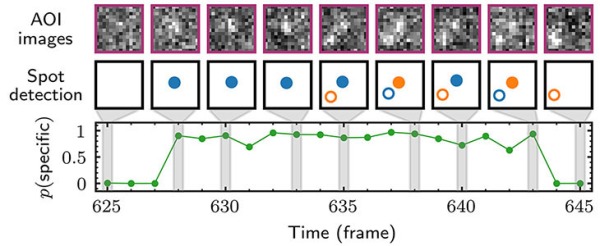
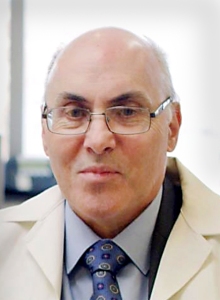
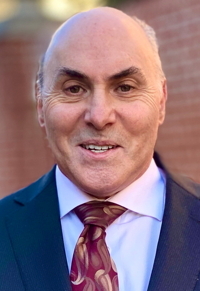
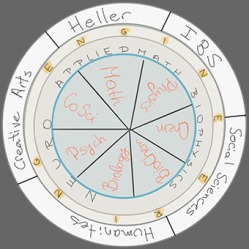 To build up this program, we will capitalize on the existing synergy between the life and physical sciences, while enhancing core research areas with an emphasis on translating basic research to technological applications. Our goal is to integrate the engineering curriculum with the social justice mission that is integral to Brandeis. We envision providing opportunities for our students and faculty to deeply engage in science, design, and problem-solving while participating in a curriculum and culture that grapples with issues of social justice, business ethics and sustainability. The curriculum will be designed with these aspirations by engaging faculty from all of arts and sciences, IBS and Heller. Ultimately, we hope that this new program will give our students the tools to intervene in the world and challenge them to build a better one.
To build up this program, we will capitalize on the existing synergy between the life and physical sciences, while enhancing core research areas with an emphasis on translating basic research to technological applications. Our goal is to integrate the engineering curriculum with the social justice mission that is integral to Brandeis. We envision providing opportunities for our students and faculty to deeply engage in science, design, and problem-solving while participating in a curriculum and culture that grapples with issues of social justice, business ethics and sustainability. The curriculum will be designed with these aspirations by engaging faculty from all of arts and sciences, IBS and Heller. Ultimately, we hope that this new program will give our students the tools to intervene in the world and challenge them to build a better one.